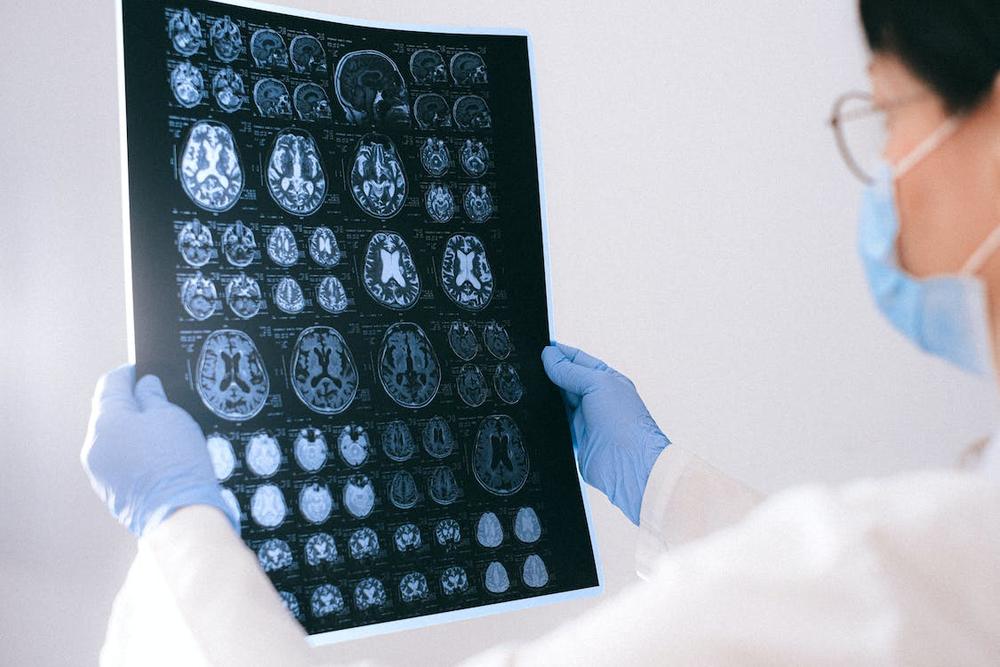
Caption
Due to earlier detection of Alzheimer's disease, more and more people are being diagnosed with this disease of dementia.
Credit: Pexels
LISTEN: A boost in funding will help pay for Alzheimer’s research in Georgia, including research at Emory University, one of the only Alzheimer's disease research centers in the country. GPB’s Ellen Eldridge reports.

Due to earlier detection of Alzheimer's disease, more and more people are being diagnosed with this disease of dementia.
Due in part to an aging population and the ability to detect Alzheimer's disease more accurately, more and more people are being diagnosed with this disease of dementia.
Alzheimer’s is the sixth-leading cause of death in the United States, killing more Americans than diabetes, and more than breast cancer and prostate cancer combined, according to the Alzheimer’s Association 2023 Alzheimer’s Disease Facts and Figures.
In Georgia, more than 130,000 are currently living with Alzheimer's, which is expected to increase 46% over the next decade, according to the state Department of Public Health.
That represents an estimated 190,000 grandparents, parents, and friends statewide. It also includes more than 343,000 Georgians currently providing unpaid care.
As more specialized care is often needed once dementia progresses, some people have to choose between employment and caregiving.
But the horizon for research is very hopeful, said Jill Disney, the senior director of programs and services for the Alzheimer's Association Georgia chapter.
"We know that the increased investment in research is what's really going to lead to some breakthroughs in all areas from diagnosis to treatment," Disney said. "And hopefully, one day, even prevention."
A $100 million boost in 2023 funded 271 scientific investigations into topics across the spectrum of dementia science. It stands as the largest single-year investment since the organization’s founding in 1980.
The association’s global, cumulative impact on research now includes more than $360 million invested in over 1,000 active research projects in 53 countries, spanning six continents.
That includes $600,000 in funding — in 2023 alone — for Alzheimer’s research in Georgia, including research at Emory University, which is one of 32 Alzheimer's disease research centers in the country.
Funded programs at Emory include assessing a new measure of community-level dementia-friendliness by Miranda Moore; Alzheimer's disease and related dementias in gender minority adults by Ethan Cicero; and dementia-friendly faith villages to support African American families by Fayron Epps, who is also on the Georgia Chapter Board of Directors.
The state has 19 active and currently funded projects, Disney said.
"And that equals about $3.5 million of an investment in our researchers that are here in Georgia," she said. "We're particularly proud of that Georgia involvement and a discovery that might help people worldwide."
The Alzheimer's Association is investing in research at universities statewide, such as developing care partner activation program for Filipino Americans by Mary Ramos at Kennesaw State, and a student-delivered in-home respite program to support family caregivers by Tiffany Washington at the University of Georgia.
A study about whether resistance and other perturbation training can reduce falls in people with Alzheimer's disease will soon begin recruiting at Georgia State University.